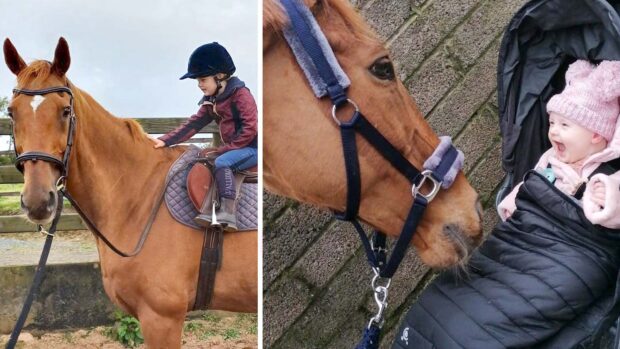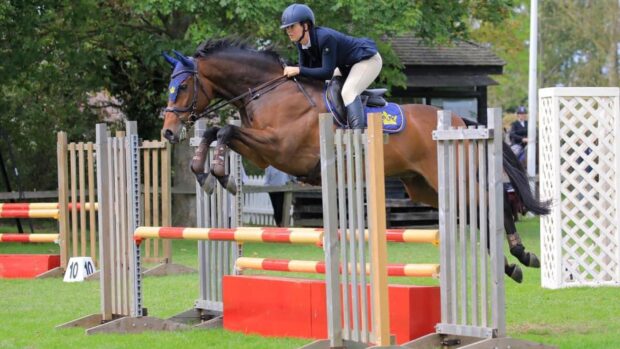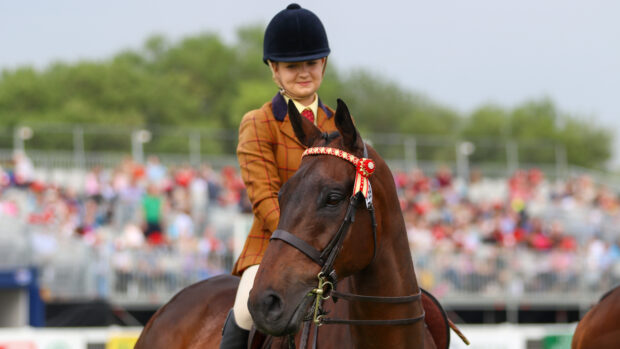Having taken on dozens of ex-racehorses over the years, from polo ponies and eventers to hunters, Aurora Eastwood imparts some pearls of wisdom from the years of cajoling, encouraging, swearing and eventually smiling
1. They can’t all do any job. Some couldn’t even jump a queue, others couldn’t run out of sight on a dark night. You’d think conformation would yield a clue in this area, but not always… Find their strengths and you’ll see what career they can do. Don’t try to push them into doing the sport YOU want if it doesn’t suit them. That’s why a polo player (me) has ended up selling some perfectly nice eventers and hunters.
2. Some horses are nicer ‘people’ than others. They just are – and this applies regardless of breed. In the same way that some people are just objectionable because they just are. In some cases no amount of teeth rasping, massages, listening to opera or being given a chicken for company will make an objectionable horse nice, but they are typically the exception rather than the rule.
3. Age really is just a number. I recently took on a 17hh 15-year-old ex-chaser (pictured above) for whom flatwork merely meant he was not presently on a hill. He’d have been forgiven for being set in his ways. But no. Within five minutes of being asked to soften and come round he did, and several weeks later is getting better and better. Don’t dismiss the “old” ones. Who knows how good they might be?
4. Intelligence shortens the process. I’ve had ex-racehorses so bright they could do Brian Cox out of a job. And one so thick that had she been human the only recourse would have been to become a reality TV star. She took YEARS to retrain for polo because she just didn’t get it. One (glorious) day, the penny dropped. Readers, I kept her. She’s been one of my best ponies for 10 years.
Like this? You might also enjoy reading these:
Help! My ex-racehorse needs more topline — what should I do? H&H explains…
9 things ex-racehorse owners get sick of hearing
5. Don’t buy a wonky one. You won’t be able to sell it and it’s highly unlikely to stand up to the work you want it to do. Vet them. No matter how cheap they are. What’s the point of putting months or years of a work into a horse only for it to go wrong or fail the vet on something that was there from the beginning?
6. …or a hot one. You can make a quiet horse hot, but it’s far more difficult (dare I say near impossible) to make a hot horse quiet. One of the most talented horses I ever had just didn’t have the brain. She had all the moves, but would get hotter and hotter and go through the bridle. Nothing helped, nothing worked. You can’t win ’em all.




